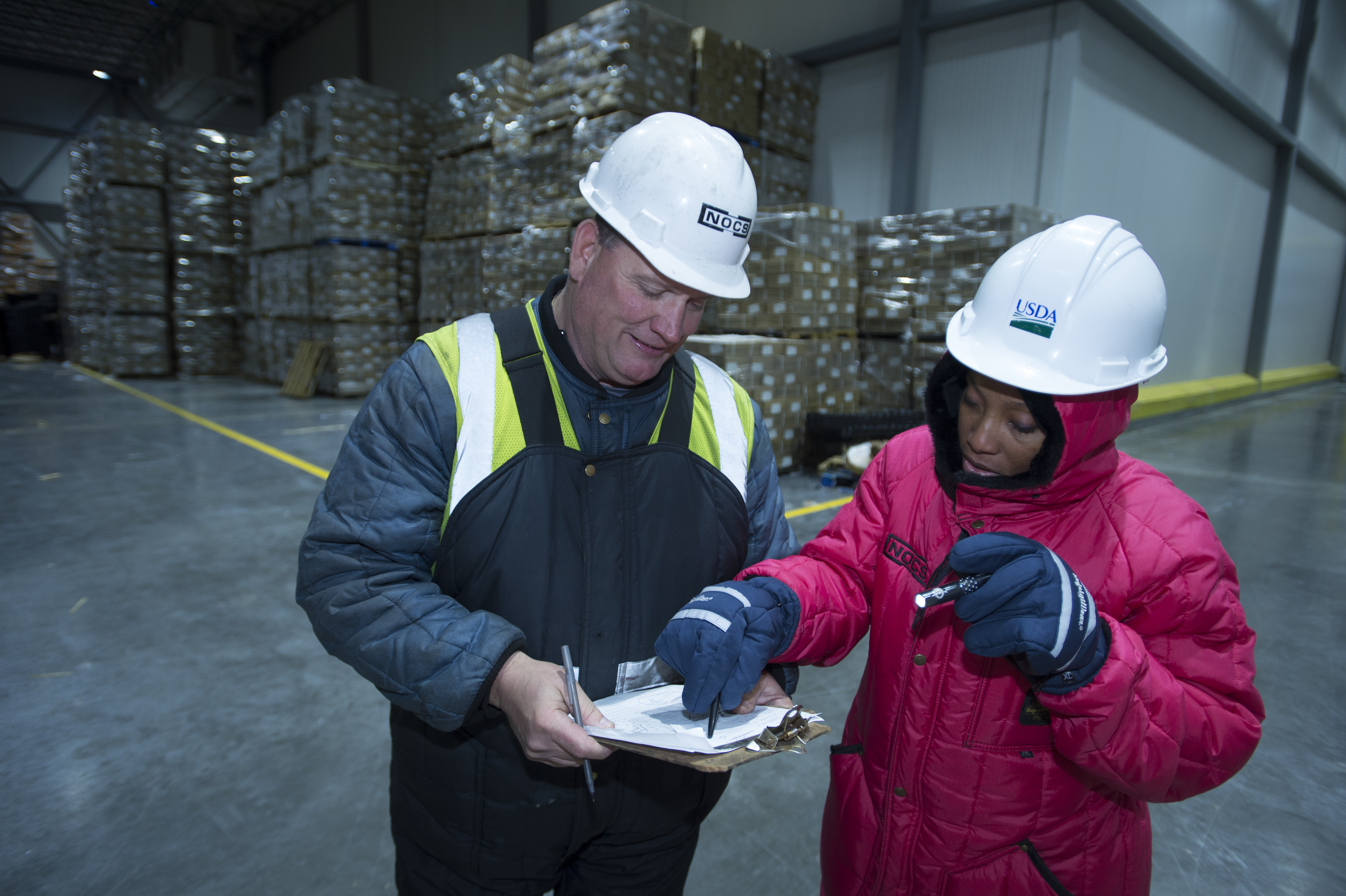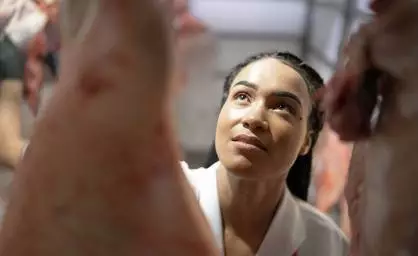
Yesutor Soku

Research focus: Antimicrobial resistance in bacteria isolated from siluriformes fish.
Why did you want to get involved in food safety?
I became interested in food safety because of my own health concerns and the well-being of the public. I wanted to learn, contribute and implement measures that ensure food is safe and wholesome for consumption. By being involved in food safety, I can contribute to preventing people from getting sick from foodborne illness and having to spend a lot of money on healthcare expenses due to the food they enjoy eating.
How do you like seeing the changes in food safety technology?
The advancement of food safety technologies has greatly improved food safety and security over the years. For me, the advancements in food detection, preservation, traceability and education are phenomenal.
Explain in five words what you did.
Researched antimicrobial resistance in finfish.
What type of finfish?
I worked on channel catfish. Initially, I wanted to try something on cattle, but based on my experience working and with fish, my mentors thought it would be wise since we regulate catfish. It was actually very fun and aligned more with my main Ph.D.
What was a typical day like for you?
My typical day included writing literature reviews, analyzing outstanding data, preparing lesson notes to teach microbiology lab sessions, grading assessments in between lecture periods and spending the afternoons and evenings in the lab conducting research.
What's something you learned in school that you applied during the fellowship?
I was able to apply the skills I learned in school, such as working in labs with different levels of biosafety, conducting genomic research, using statistical software for microbial diagnosis, and being proficient in Microsoft Office. My oral communication skills were also put to use during the fellowship.
What stood out to you about working with an FSIS mentor?
The relationship with my FSIS mentors was like a family. There was so much respect and support with the aim of ensuring that I succeed in my research. The network created through my mentors is unparalleled.
Anytime you call or email Dr. Isabel Walls, she helps you navigate through the right processes and the channels. One of my other mentors was Dr. Uday Dessai, who was fantastic. He was very supportive and instrumental in our mentoring relationship.
Ms. Tracy Berutti works at the Athens lab for FSIS. When we visited that lab, I faced some challenges. Since Ms. Berutti had extensive experience in the lab, I reached out to her about how to navigate those lab challenges.
With the help and support of these three mentors, I was able to overcome the lab hurdles. Whenever I emailed them, they always were able to provide me with the right direction. It was an amazing experience working with them, and I am still in touch with all of them.

What was a milestone that you're proud of in this program?
Through the work done in this program, I am submitting a manuscript for publication. I was also awarded the prestigious student travel scholarship to present my research at the 2023 International Association for Food Protection conference in Toronto, Canada. Additionally, I was selected as a finalist there for the Developing Scientist Award Competition.
I first got to know of the IAFP through Dr. Isabel Walls, our main mentor. She sent us a circular and I took the initiative to apply.
Is there anything else you would like to share about your experience?
Through the work that I did with FSIS, I've been able to establish other collaborations. One is with the Agricultural Research Service. With my main Ph.D., I'm looking at a bacteria called Aeromonas hydrophila, which causes mortal Aeromonas septicemia in channel catfish and other finfish.
We're trying to investigate the role the gastrointestinal tract plays in causing the disease so that we can develop alternative therapies for it, including vaccines. Through this collaboration, we were able to secure some funds to aid with this work. That is a very big step for us because initially it was difficult. This collaboration all started from FSIS, and we are now moving into it. I've been looking forward to more great research.



